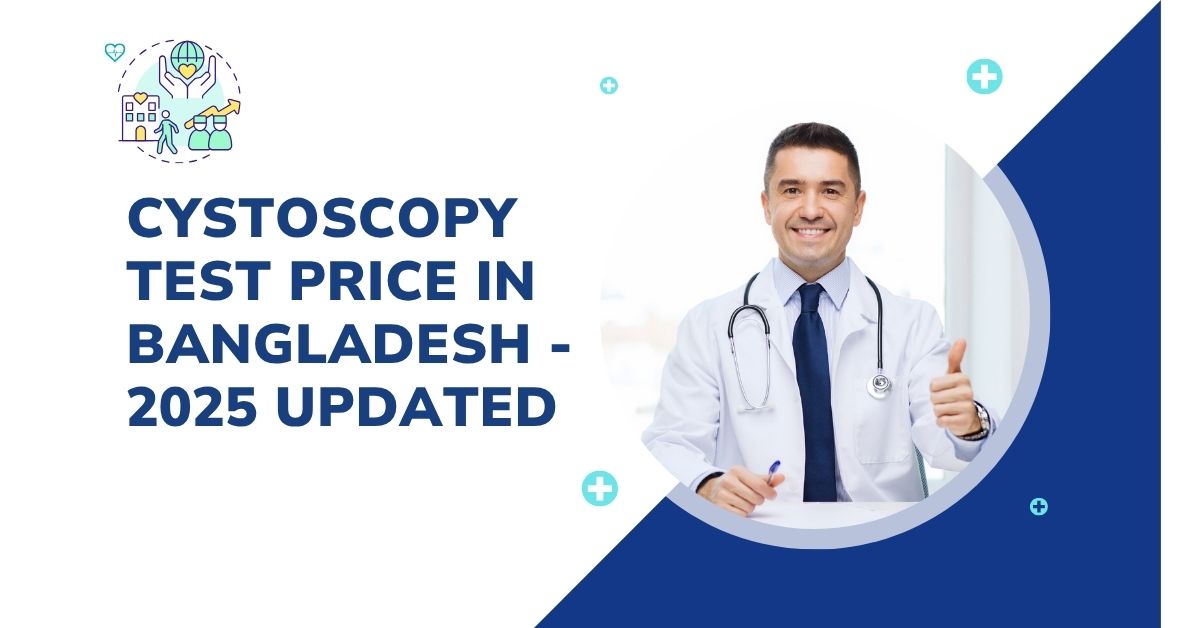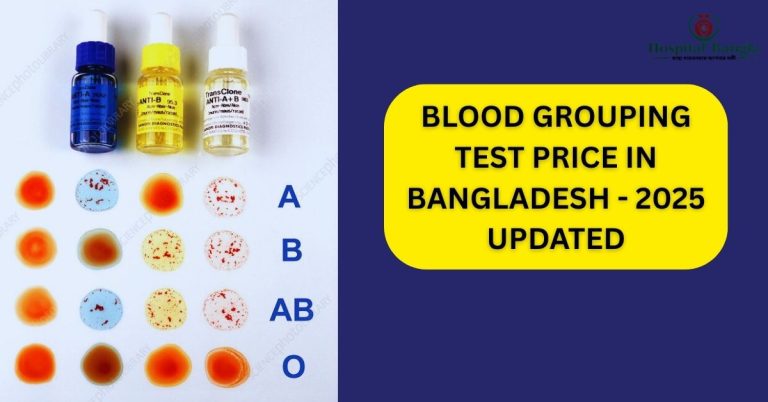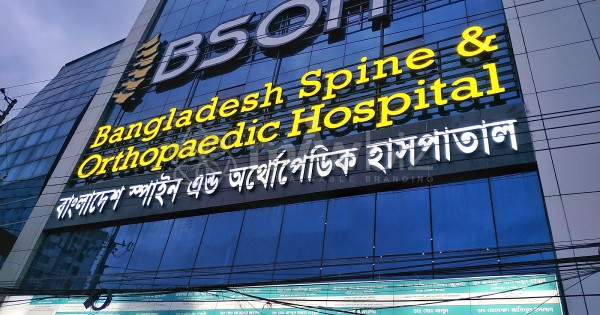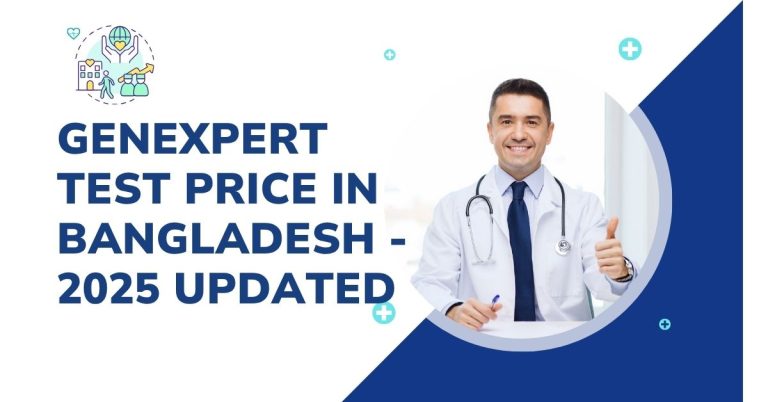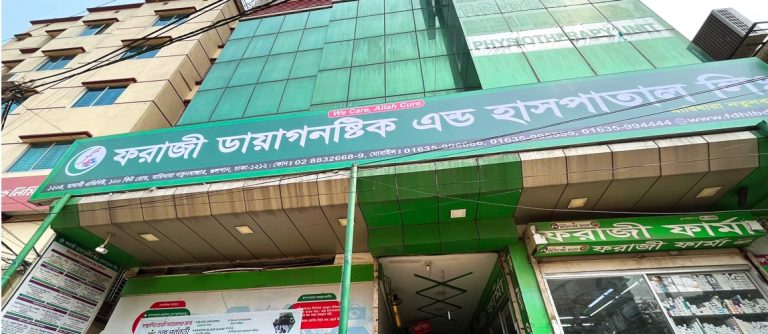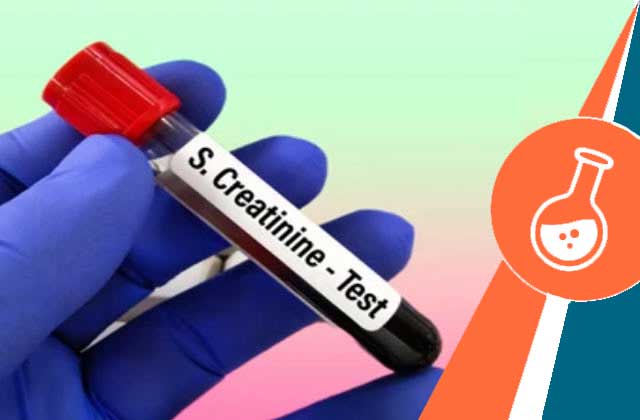Cystoscopy Test Price in Bangladesh – 2025 Updated
A Cystoscopy test is a vital medical procedure that allows doctors to examine the bladder and urethra using a cystoscope, a thin tube equipped with a camera. This test is essential for diagnosing conditions such as bladder cancer, urinary tract infections (UTIs), bladder stones, and other urinary tract abnormalities. In Bangladesh, the Cystoscopy test price in Bangladesh varies depending on whether you choose a government or private hospital. Based on general trends, the cost typically ranges from 2,000 to 20,000 BDT, with government facilities offering more affordable rates compared to private hospitals. This article provides a detailed overview of the Cystoscopy test, including its purpose, preparation, pricing, and what to expect from the results.
What is a Cystoscopy Test?
A Cystoscopy test involves inserting a cystoscope through the urethra into the bladder to visualize the urinary tract. The cystoscope, equipped with a light and camera, sends real-time images to a monitor, allowing doctors to inspect the bladder and urethra for abnormalities. The test is highly effective for diagnosing and sometimes treating conditions such as:
- Bladder cancer: To detect tumors or abnormal growths.
- Urinary tract infections (UTIs): To identify chronic or recurrent infections.
- Bladder stones: To locate and potentially remove stones.
- Enlarged prostate: To assess prostate-related urinary issues in men.
- Urethral strictures: To identify narrowing of the urethra.
- Other abnormalities: Such as blockages or non-malignant growths.
The procedure may also involve taking tissue samples (biopsies) for further testing or performing minor treatments, like removing small growths. Alternative names for the test include bladder scope or cystourethroscopy.
When is a Cystoscopy Test Recommended?
A Cystoscopy test is recommended for individuals experiencing specific urinary symptoms or conditions. Doctors may suggest this test for:
- Blood in urine (hematuria): To investigate the cause of visible or microscopic blood.
- Frequent or persistent UTIs: To identify underlying issues causing recurrent infections.
- Painful urination (dysuria): To determine the source of discomfort or burning.
- Difficulty urinating: Including weak urine flow or incomplete bladder emptying.
- Suspected bladder cancer: Especially if imaging tests show abnormalities or there’s a history of cancer.
- Monitoring bladder cancer: To check for recurrence after treatment.
- Bladder stones or enlarged prostate: To assess blockages or structural issues.
- Ureter problems: To evaluate issues affecting the tubes connecting the kidneys to the bladder.
The test is used for diagnosis, monitoring, and sometimes treatment. Doctors analyze the visual findings to confirm a diagnosis or plan further interventions, making it a cornerstone of urinary tract care.
Cystoscopy Test Preparation
Preparing for a Cystoscopy test involves following your doctor’s instructions to ensure a smooth procedure. Key preparation steps include:
- Fasting: If general anesthesia is used, you may need to avoid eating or drinking for several hours before the test. For local anesthesia, fasting is usually not required.
- Medications: Inform your doctor about all medications you’re taking. You may need to stop blood thinners (e.g., aspirin or warfarin) a few days prior to avoid bleeding risks.
- Urine Sample: A urine test may be required to rule out active infections, as a UTI could complicate the procedure.
- Allergies and Medical History: Report any allergies (e.g., to anesthesia or latex) or medical conditions to your doctor.
The procedure typically takes 10-15 minutes for a flexible cystoscopy, performed under local anesthesia in an outpatient setting. A rigid cystoscopy, often requiring general or spinal anesthesia, may take longer and is usually done in a hospital. During the test, the cystoscope is gently inserted through the urethra, and saline may be used to inflate the bladder for better visibility.
Cystoscopy Test Price List in Government Hospitals in Bangladesh
Government hospitals in Bangladesh are known for providing cost-effective medical services, making them a popular choice for many patients. Below is a table listing major government hospitals offering Cystoscopy tests in 2025:
| Hospital Name | Location | Cystoscopy Test Price (BDT) | Contact Number |
|---|---|---|---|
| Dhaka Medical College Hospital (DMCH) | Dhaka | Contact hospital for current prices | +8802223551000 |
| Bangabandhu Sheikh Mujib Medical University (BSMMU) | Dhaka | Contact hospital for current prices | +880251661240 |
| Sir Salimullah Medical College Mitford Hospital | Dhaka | Contact hospital for current prices | +8802223551000 |
| Holy Family Red Crescent Medical College Hospital | Dhaka | Contact hospital for current prices | +8802223551000 |
| Shaheed Suhrawardy Medical College Hospital | Dhaka | Contact hospital for current prices | +8802223551000 |
| Mymensingh Medical College Hospital | Mymensingh | Contact hospital for current prices | +8809167400 |
| Chittagong Medical College Hospital | Chittagong | Contact hospital for current prices | +880312520200 |
Cystoscopy Test Price List in Private Hospitals in Bangladesh
Private hospitals and diagnostic centers in Bangladesh offer advanced facilities and shorter wait times, often at a higher cost. Below is a table of major private facilities offering Cystoscopy tests in 2025:
| Hospital/Diagnostic Center | Location | Cystoscopy Test Price (BDT) | Contact Number |
|---|---|---|---|
| Evercare Hospital Dhaka (formerly Apollo Hospitals Dhaka) | Dhaka | Contact hospital for current prices | 10678 |
| Square Hospitals Ltd. | Dhaka | Contact hospital for current prices | +88028431800 |
| United Hospital Limited | Dhaka | Contact hospital for current prices | +88028424000 |
| LabAid Hospital | Dhaka | Contact hospital for current prices | +88028836500 |
| Imperial Hospital Ltd. | Dhaka | Contact hospital for current prices | +88029613000 |
| Ibrahim Cardiac Hospital & Research Institute | Dhaka | Contact hospital for current prices | +88028811200 |
| Popular Diagnostic Center Ltd. | Dhaka | Contact hospital for current prices | +880296667878 |
| Parkview Hospital Ltd. | Chittagong | Contact hospital for current prices | +880312520200 |
| Dhaka Central International Medical College & Hospital | Dhaka | Contact hospital for current prices | +88028440000 |
| Green Life Hospital | Dhaka | Contact hospital for current prices | +880296667878 |
Understanding Cystoscopy Test Results
After the Cystoscopy test, your doctor will review the findings with you. Here’s what to expect:
- Normal Results: Indicate a healthy bladder and urethra with no signs of cancer, infection, stones, or other abnormalities.
- Abnormal Results: May suggest conditions such as:
- Bladder cancer: Presence of tumors or abnormal growths.
- Infections or inflammation: Signs of UTIs or chronic irritation.
- Bladder stones: Hard deposits visible in the bladder.
- Enlarged prostate: Causing blockages in men.
- Urethral strictures: Narrowing of the urethra.
- Factors Affecting Results: Recent UTIs, incomplete bladder emptying, or prior surgeries may influence findings. Discuss these with your doctor.
- When to Consult a Doctor: Contact your healthcare provider if you experience persistent pain, bleeding, or fever after the test, or if you have concerns about the results.
The doctor may recommend further tests or treatments based on the findings, such as a biopsy for suspected cancer or antibiotics for infections.
Frequently Asked Questions
How accurate is a Cystoscopy test?
Cystoscopy is considered highly accurate for visualizing the bladder and urethra, making it a reliable tool for diagnosing urinary tract conditions. However, biopsy results may be needed to confirm certain diagnoses like cancer.
How long does it take to get Cystoscopy test results?
Visual findings are available immediately, as the doctor views the bladder in real-time. If a biopsy is taken, results may take a few days to process in a lab.
Is the Cystoscopy test covered by insurance in Bangladesh?
Insurance coverage varies by provider and plan. Some private hospitals may accept insurance, but government hospitals typically require out-of-pocket payment. Check with your insurance provider and hospital for details.
How often should I have a Cystoscopy test?
The frequency depends on your condition. For example, bladder cancer patients may need regular follow-ups every few months, while others may only need the test as symptoms arise. Consult your doctor for personalized advice.
How does a Cystoscopy test differ from other urinary tests?
Unlike imaging tests like ultrasounds or CT scans, Cystoscopy provides a direct view of the bladder and urethra. It’s more invasive but offers detailed insights that non-invasive tests may miss.
Is the Cystoscopy test painful?
Flexible Cystoscopy may cause mild discomfort or a burning sensation, but it’s typically not painful. Rigid Cystoscopy, performed under anesthesia, minimizes discomfort during the procedure.
Can I drive home after a Cystoscopy test?
If local anesthesia is used, you may be able to drive home. However, with general or spinal anesthesia, you’ll need someone to drive you. Confirm with your doctor before the procedure.
Conclusion
The Cystoscopy test is a critical diagnostic tool for identifying and managing urinary tract conditions, from bladder cancer to recurrent infections. In Bangladesh, the Cystoscopy test price in Bangladesh varies significantly between government and private hospitals, with government facilities offering more budget-friendly options. Comparing prices across hospitals can help you find quality care that fits your budget. Always consult your healthcare provider to determine if a Cystoscopy test is necessary and to discuss preparation, results, and follow-up care.

